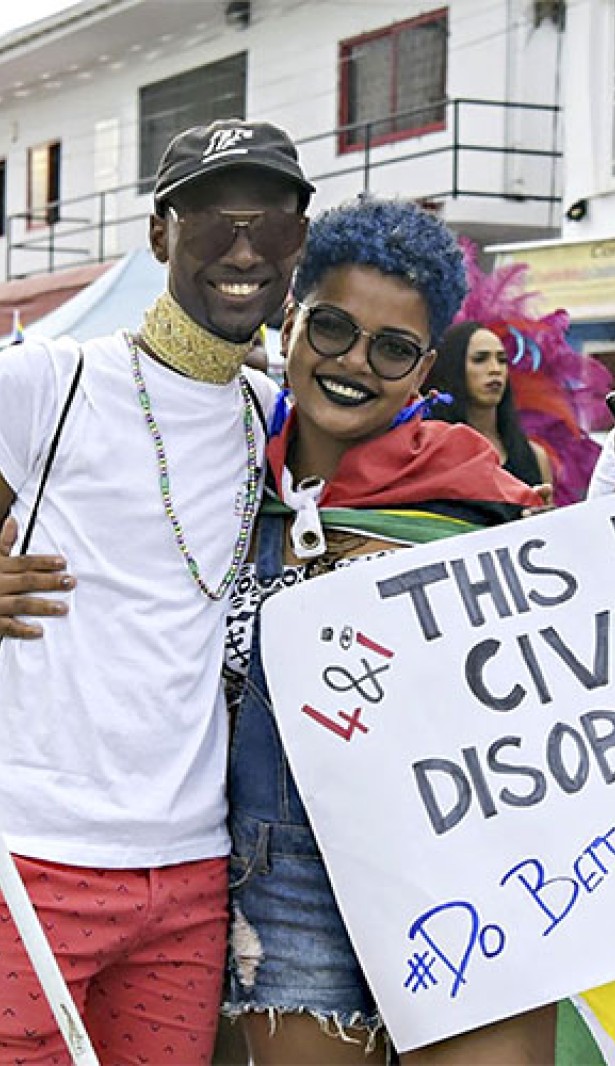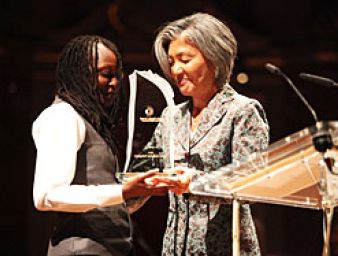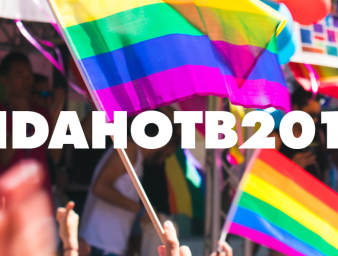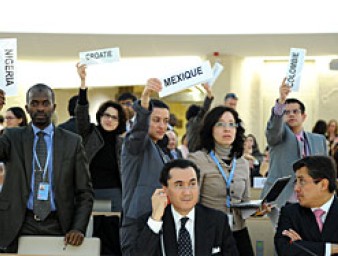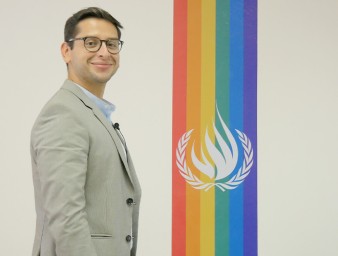Experts: Time is right to push for better inclusion LGBTI people in Caribbean
26 December 2019
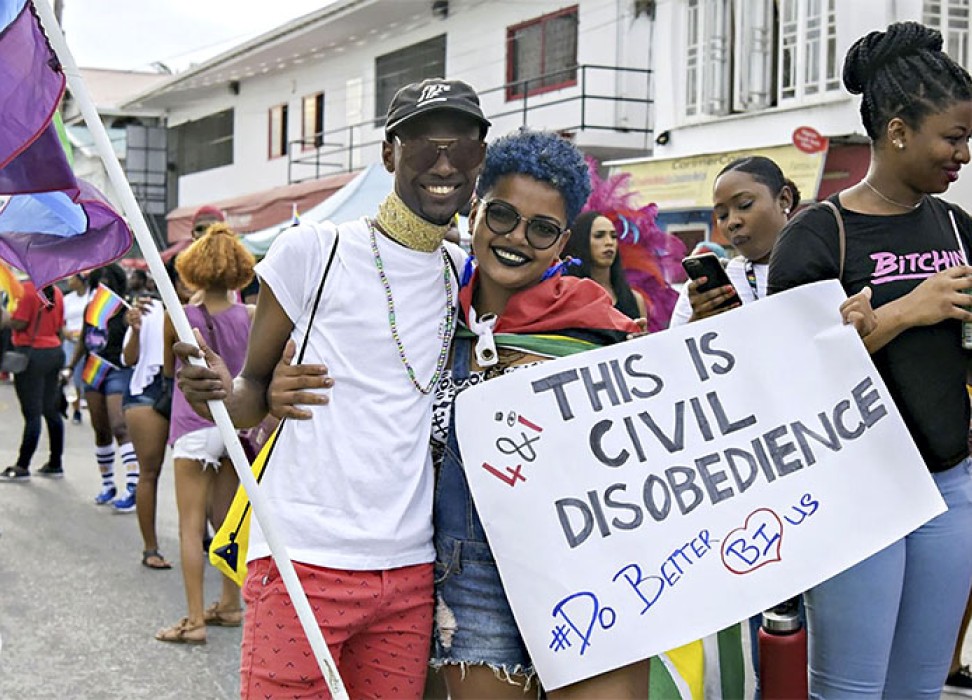
Members of the LGBTI community in the Caribbean have been historically been discriminated against.
"There are many forces in society that are consorting to exclude lesbian, gay, bisexual, trans, and other gender-diverse persons from all aspects of life," said Victor Madrigal-Borloz, UN Independent Expert on sexual orientation and gender identity. "Children are being harassed at school; and persons are being stigmatized when accessing healthcare services and discriminated against at work. Nine countries in the region still criminalize same-sex relations."
Yet, as Madrigal-Borloz pointed out at the end of the Joint Consultation on the human rights of LGBTI persons in the Caribbean, there are also great opportunities.
"The most important thing is that this region is ripe for action to ensure the rights of everyone, most importantly of the populations, communities that have been historically subjected to discrimination," he said.
The consultation, which took place in Barbados, gathered government representatives, ombudspersons, and numerous civil society groups and others from across 15 Caribbean nations to engage in a series of dialogues on the on the socio-economic and cultural inclusion of LGBTI persons in the Caribbean. Participants also discussed root causes to marginalisation and exclusion, barriers to inclusion, and best practices in the region. The consultation was a joint event with the Rapporteur on the rights of LGBTI Persons from the Inter-American Commission for Human Rights (IACHR), in partnership with the United Nations Development Programme (UNDP), and the Commonwealth Secretariat.
The consultation helped to identify the human rights challenges faced by the LGBTI community in the region as well as listen to the experiences of activists, said Flávia Piovesan , Rapporteur on Rights of LGBTI Persons for the IACHR.
"The importance [of looking at this issue] is to get a better and deeper knowledge of the issues in the Caribbean from a stakeholder's view," she said.
While the consultation pointed up a great many challenges facing the LGBTI community in areas such as housing, education, work and health care, participants also said that the increase in NGOs and others dedicated to the issue was something to celebrate.
"The thing that I got out of this whole session was that no matter where we are in the world, our issues are the same and collaboration is important now that we understand there are mechanisms," said Alexus D'Marco, founder of the D'Marco NGO, which works with marginalized groups in the Bahamas. "And there are guidelines that we can use to help increase access to justice, access to education, and access to health for the LGBTI community in the Caribbean."
Jaevion Nelson, executive director at Equality for All Foundation in Jamaica, said the consultation was a chance for activists to talk with policy makers about the issues.
"We are engaging in conversations around the issues affecting LGBTI people across the region, particularly as it relates to justice, addressing discrimination and stigma, and how as advocates and human rights activists we can work together to address some of these issues using the InterAmerican system as well as the UN," he said.
Kenita Placide decided to start defending the rights of LGBTI people when "I started losing friends because of actual or perceived sexual orientation. I think no one should ever have to die because of who they are or how they express themselves."
Placide, the executive director of the Eastern Caribbean Alliance for Diversity and Equality, based in St. Lucia, said the consultation has given her hope that the push back against harmful attitudes and practices is strongly underway in the Caribbean.
"The conversations…ensure that somewhere within our working, LGBTI organizations are not pushed to the back by fundamentalists, but show that they stand equally in the institutions where they serve," she said.
26 December 2019
